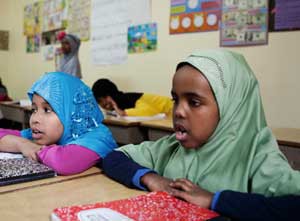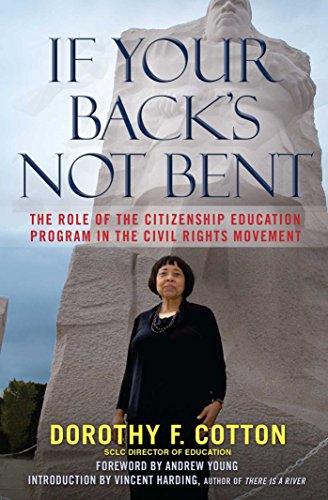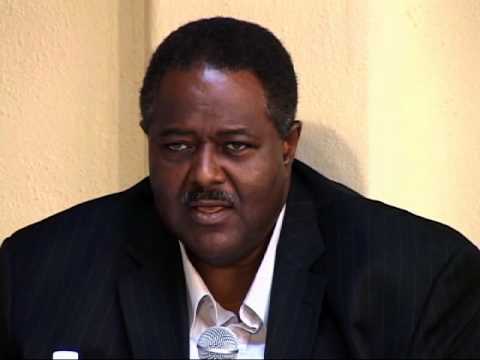This Renewing the Public Congregation case study is presented by the Islamic Civic Society of America.
Islamic Civic Society of America (ICSA) demonstrates the compatibility between Islamic and Civic principles in a democratic society. Members of ICSA are dedicated to governing for the common good while addressing the specific needs of the Muslim community. The Islamic Civic Society of America Institutional Governing Document guides members in their commitment to advance ICSA identity while achieving goals.
Minnesota has the largest Somali and East African imm igrant community in the United States though there is no clear and effective way to quantify the number. OPR, through discussion with the state’s leading demographers have determined that the safest estimates identify the Somali population to be near 72,000. Approximately 95,000 East Africans immigrants in total live in Minnesota.
igrant community in the United States though there is no clear and effective way to quantify the number. OPR, through discussion with the state’s leading demographers have determined that the safest estimates identify the Somali population to be near 72,000. Approximately 95,000 East Africans immigrants in total live in Minnesota.
ICSA is a long established and respected faith and civic institution within the Muslim and interfaith communities of Minnesota. It was the first Mosque opened in MN by the Somali community. ICSA/OPR are seen as politically moderate organizations that bridges understanding between the mainstream and the Somali/Muslim community.
Civic organizing is a proposed solution strategy to address the need to build “a mediating infrastructure” between community and public systems. The purpose for civic organizing is to produce the “civic capacity and infrastructure” for motivated leaders to be the engine for addressing complex and related public challenges in a sustainable way.
Why “civic”? Because the term applies to governing capacity and decision-making or governing processes within each of our institutions is at the core of rewarding and sustaining practices. If there is evidence that existing practice does not solve problems, the source is governance. Civic relates to the shared democratic obligation to govern for the common good and is a starting point for leaders to restructure the governing processes within their settings that are a barrier to achieving that end and constructing those that produce what we say is good.
The RPC Case Study contains two parts. First, a discussion of the over-all need for a new approach to policy making applied to immigrant experience. The second part of the case study, applies the civic organizing approach to a specific public policy issue—Successful Youth Development for Somali Youth. Read the case study.



